What are the side effects of the morning-after pill?
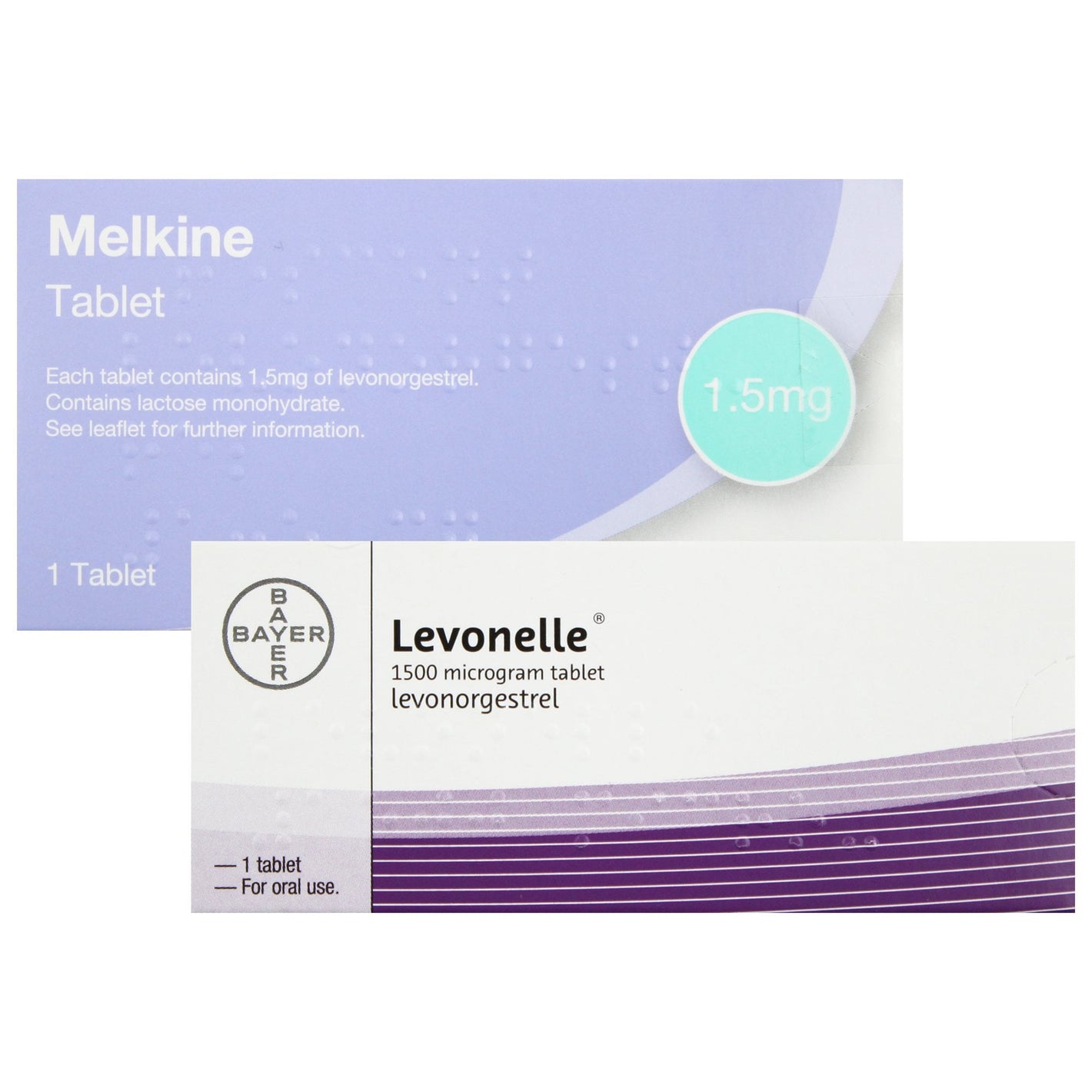

Emergency contraceptive pills can cause mild to moderate side effects.
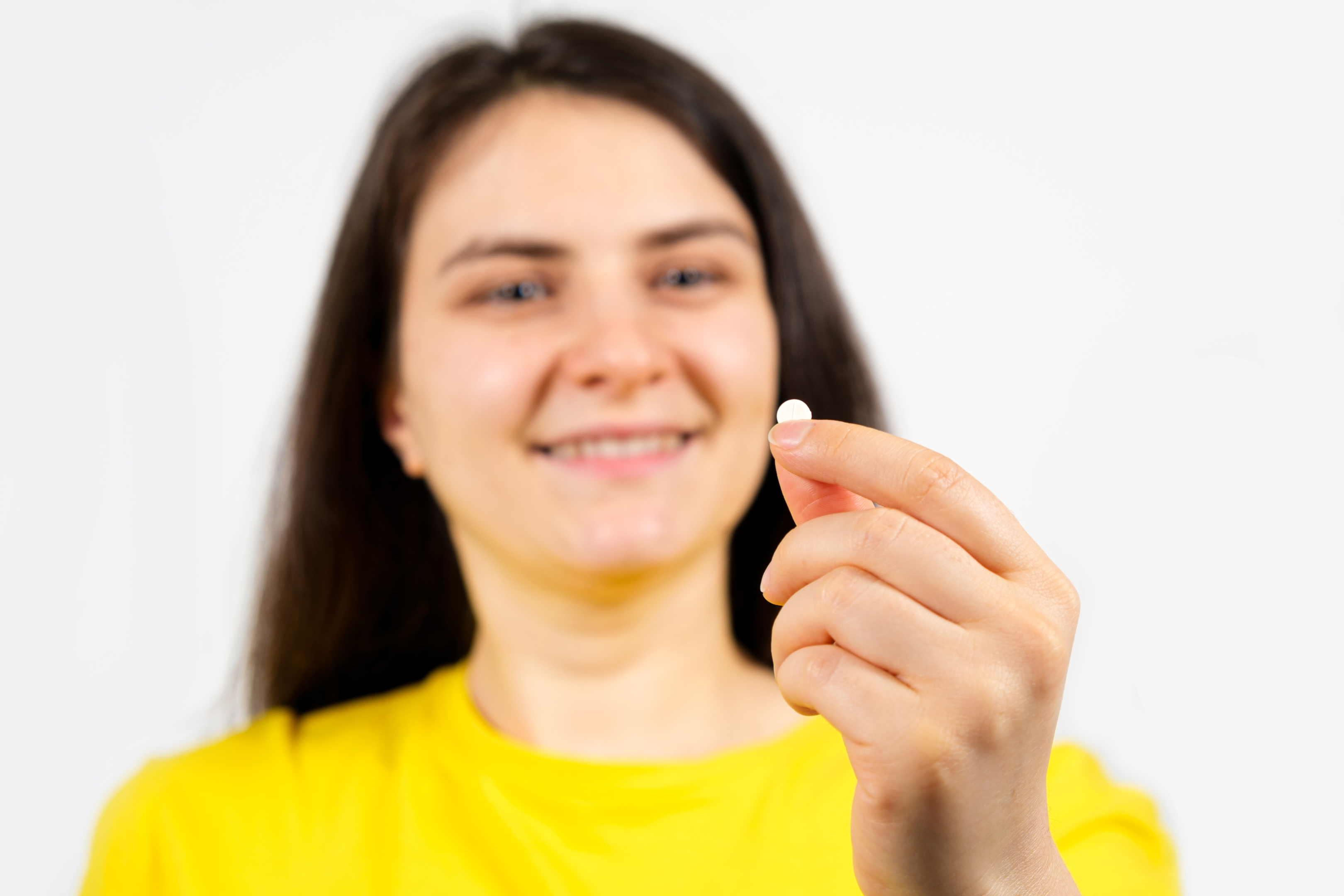
If you are unsure about your contraceptive method failing, what's your next plan? The morning-after pill is used for emergency contraception, i.e., to prevent pregnancy in case of unprotected sex or failure of other birth control methods. It is not the main contraception method and is kept as a second option if the primary methods have failed, e.g., in case of rupture of male condoms etc.
The commonly used drugs for this purpose are Ulipristal (ellaOne) and Levonorgestrel (Plan B). To know more and purchase these pills, click here.
Just like other contraceptives, these pills expose women to various side effects whose intensity varies from person to person. Let me explain these side effects.
Before going for common side effects, let me explain some rare side effects experienced by very few women. These effects include facial blisters, painful menstruation, pelvic pain and allergic reactions (facial swelling, urticaria, itchiness etc.).
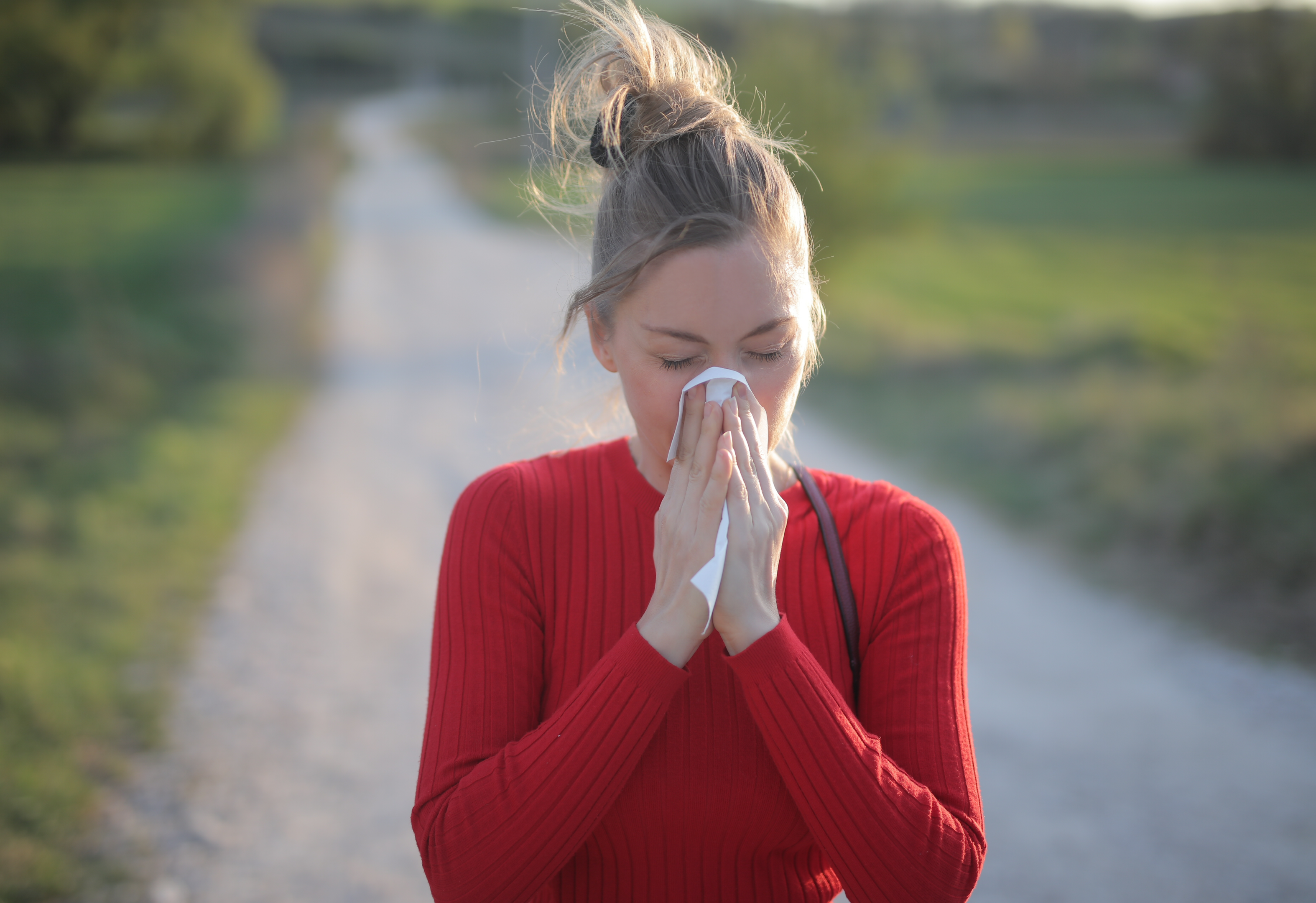
Such reactions can be managed by reducing the dosage, e.g., if you use a single dose regimen of 1.5 mg, you can use two 0.75 mg pills 12 hours apart or even change the drug (go for Ulipristal). However, you will need emergency medical assistance in case of severe allergic reactions.
Emergency contraception pills are relatively safer and are not known to cause deaths or even fatal complications. However, the drugs or their metabolites can interfere with the body's physiological functions causing some common side effects. These include;
Emergency birth control pills' most common side effect is to disturb the following periods. The exact effect depended upon the cycle stage when the pill was taken. For example, some studies have noted that these pills can shorten the cycle when taken in the earlier stages of the cycle, but the length of the cycle is not disturbed or prolonged when these pills are taken in the later stages of the cycle.
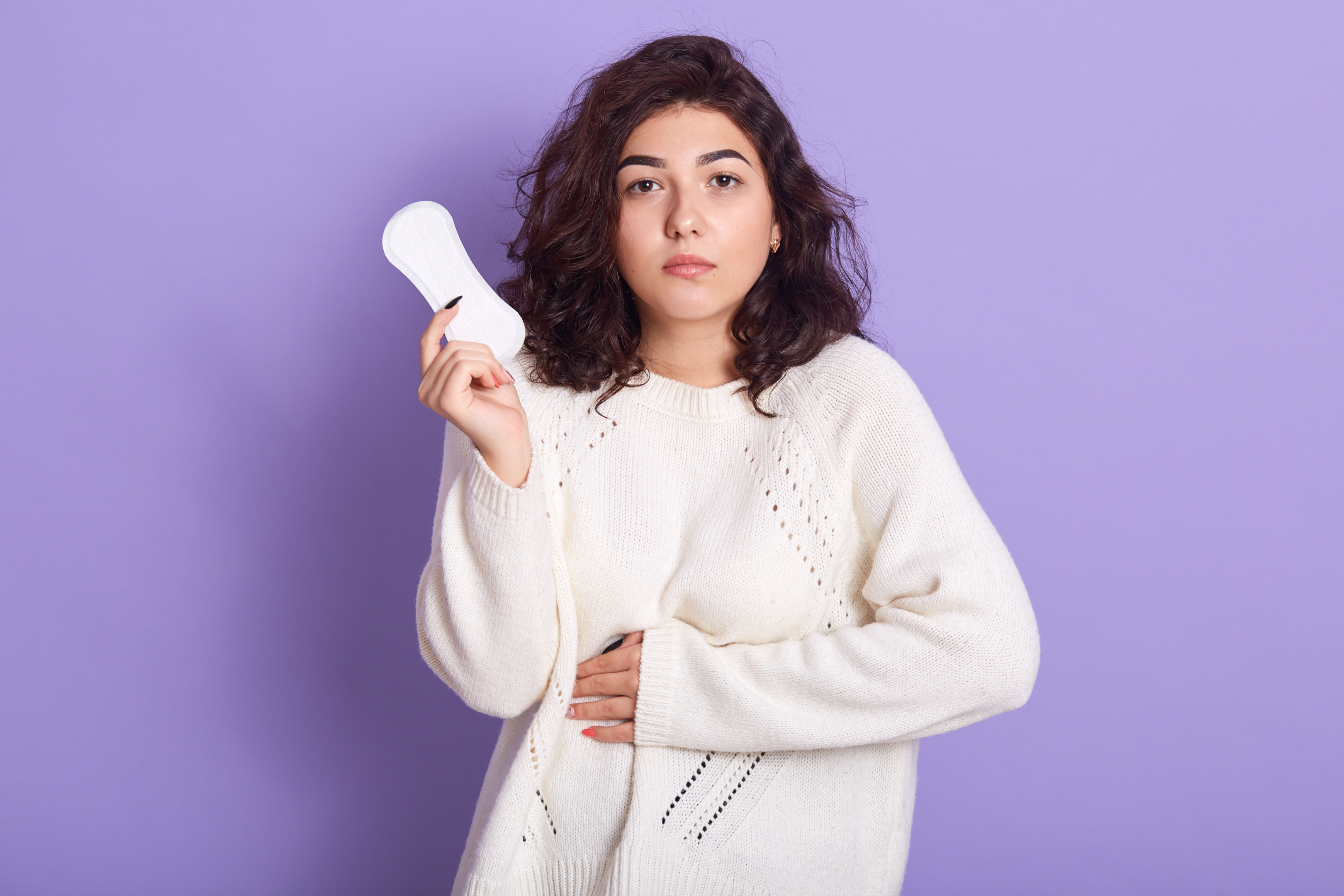
These changes also depend upon the contraceptive pill used. For example, a study published in THE LANCET in 2010 found that levonorgestrel users noticed menstrual periods on an average one day earlier than the expected date, while Ulipristal users experienced periods two days later than the expectation.
It is common with hormonal contraceptives to experience tender breasts. It is due to the retention of oedema fluid due to the influence of hormones. According to a study published in the Journal of Reproduction and Fertility in 2018, it is the third most common side effect after menstrual disturbance and pregnancy.
You can manage it using hot compresses, breast massages or warm baths. If breasts are painful, you will need to consult the physician.
It is common to have these effects, particularly if you have other concurrent health or psychological issues. However, these can easily be managed by painkillers. Severe abdominal pain can require you to go to the clinic.
As a precaution, you should avoid eating greasy and oily foods and shift to fibre-rich foods. You should also avoid alcohol, milk, and try to keep your fluids up by drinking plenty of fresh water.
According to a study published by BMC Women's health, diarrhoea is experienced by more than 10% of users.
These effects can be experienced with any emergency contraceptive pill. However, these are more common for Levonorgestrel users. A study has found that nausea and vomiting are experienced by 20% of the women using Levonorgestrel and 12% of women using Ulipritil.
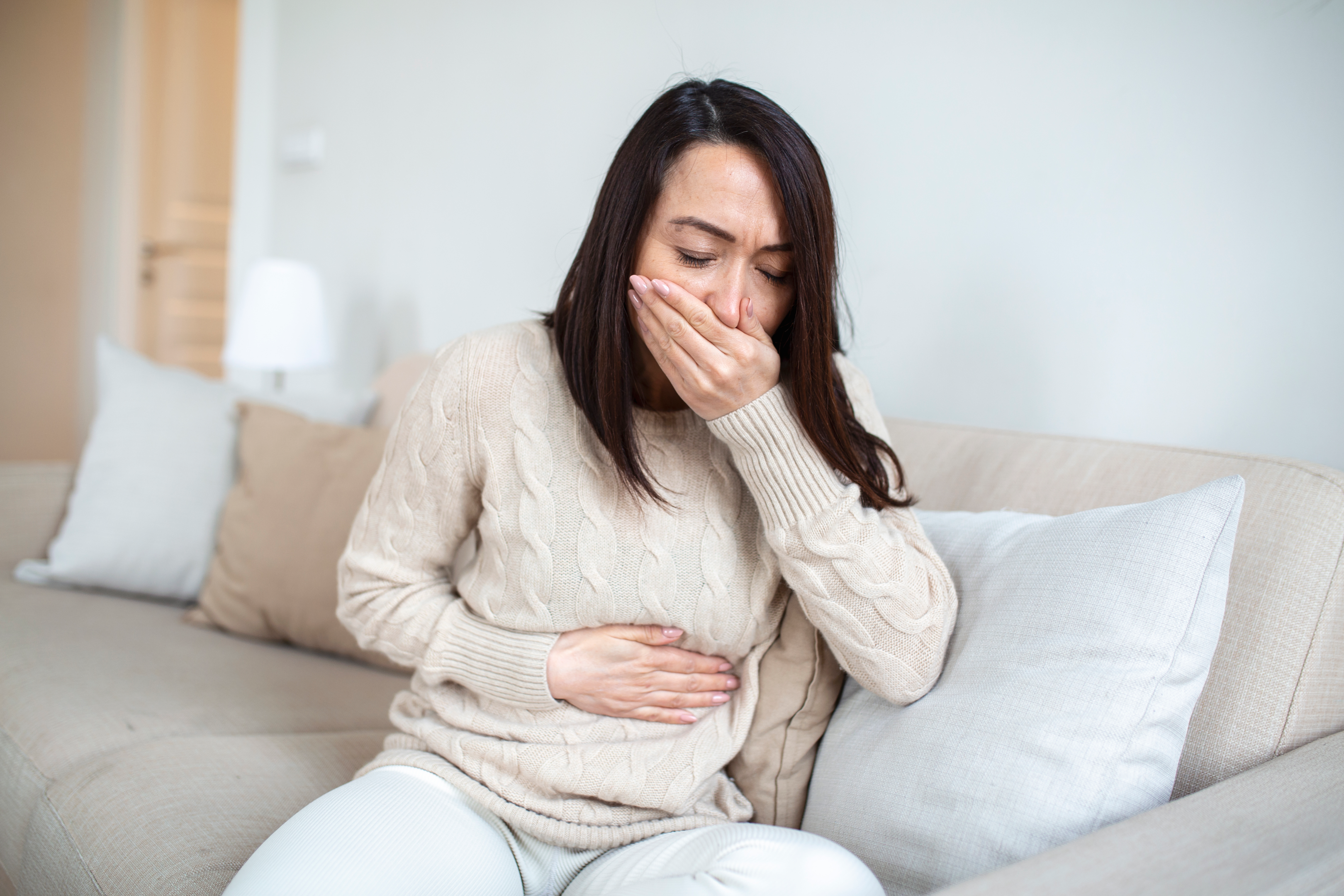
The vomiting can reduce the effectiveness of the pills, and the experts recommend repeating the dose if the vomiting occurs within 2-3 hours of taking the pill.
To reduce the risk of nausea, you should take the pill with some food. However, some home remedies, e.g., clove or ginger tea (with or without cinnamon), can be effective if you feel it. Some anti-emetic drugs may be required for vomiting.
The use of morning-after pills can cause the following risks;
You can have a positive pregnancy test even if these pills are taken within a few days after unprotected sex. It is due to their low efficacy for preventing pregnancy compared to the regular contraceptive pill. These pills offer an efficacy of 85-90% if taken within the 3 days after unprotected sex, and the effectiveness further declines with each passing day.
It can fail even with perfect use. We have detailed the information about the efficacy in another article. Click here to read it.
It doesn't provide any protection against STIs, So; you still need to use protection against them.
It is not recommended for certain medicines that can reduce its effectiveness, e.g., barbiturates. Its residues can transfer into breast milk, so you shouldn't use it while breastfeeding. Moreover, its effects on the developing baby are still not fully understood.
However, you are not supposed to need a contraceptive during pregnancy.
Emergency contraception pill is not recommended or required for men, pregnant and breastfeeding women and children. It is also contraindicated in case of a history of allergic reactions to the active drug or its ingredients.
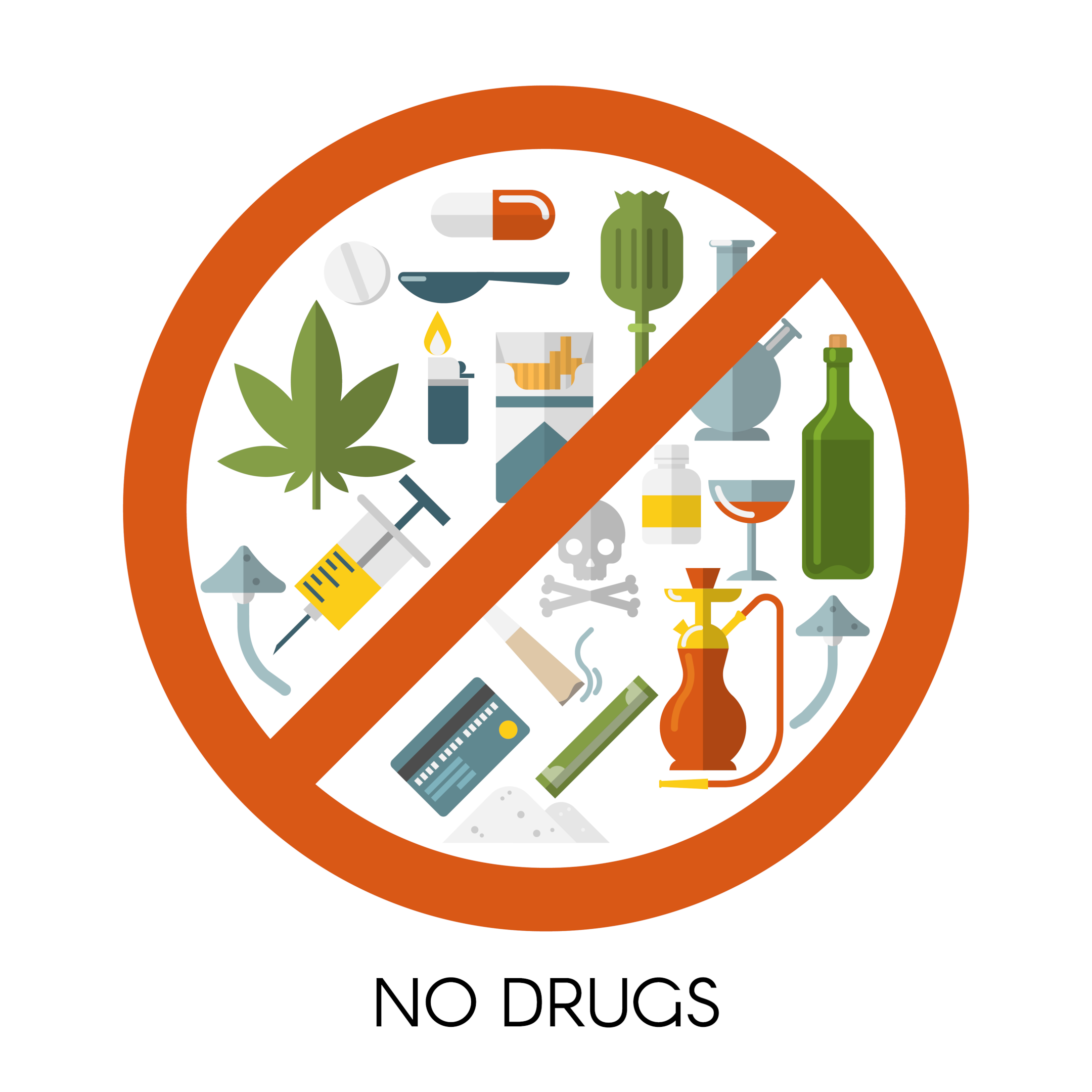
Also, the users should be careful if they have cardiovascular diseases, blood pressure issues, a history of vaginal bleeding, pathological obesity, etc. You need to consult the gynaecologist before using the drugs in these cases.
Using pills to advance emergency contraception can offer reasonable protection against unplanned pregnancy. Its use can cause mild to moderate side effects, although the chances are minimal. Severe side effects are rare. However, it would help if you kept a keen eye on side effects and immediately report them to your healthcare provider.

If you need the morning-after contraceptives pill, we provide you at Welzo. Click here to place your order after completing an online consultation. The page also has more information about contraception.
However, if you want to know more about its types, mechanisms of action and efficacy, we have detailed them in another article. You can read it by clicking here.










Plus get the inside scoop on our latest content and updates in our monthly newsletter.